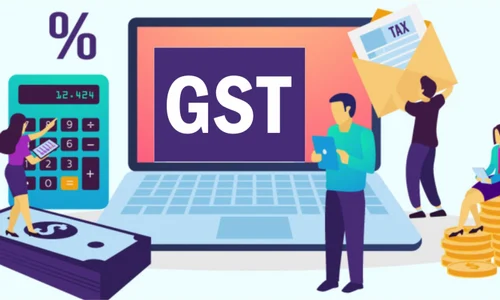
Their remuneration, reflecting their responsibilities and contributions, is a subject of careful consideration, not only for the companies but also for tax authorities. One such area of concern is the applicability of Goods and Services Tax (GST) on directors’ remuneration. Let’s delve into the nuances of GST applicability on different types of directors’ remuneration.
1. Executive Directors: Executive directors, including whole-time directors and managing directors, are actively involved in the day-to-day operations of the company. Whether GST is applicable to their remuneration depends on their classification as employees or non-employees.
- Employee Classification: If an executive director is considered an employee, as evidenced by a contract of service, TDS under Section 192 of the Income Tax Act, and accounting of remuneration under the head ‘Salaries,’ then GST is not levied on their remuneration.
- Non-Employee Classification: If the director’s role is more akin to providing professional services, evidenced by a contract for service, TDS under Section 194J of the Income Tax Act, and separate accounting from ‘Salaries,’ then GST at 18% applies under the reverse charge mechanism.
2. Non-Executive Directors: Non-executive directors, though not involved in day-to-day operations, contribute significantly to strategic planning and policymaking. Their remuneration is subject to GST regardless of their classification as employees. TDS under Section 194J of the Income Tax Act applies, and the remuneration is accounted for separately from salaries.
3. Independent Directors: Independent directors bring objectivity and expertise to the boardroom. Despite their independence from the company, GST applies to their remuneration. They are not considered employees, partners, or proprietors of the company for at least three years prior to their appointment. The company, as the recipient of services, is liable to pay GST at 18% under the reverse charge mechanism.
Conclusion: Understanding the GST implications on directors’ remuneration is essential for both companies and directors. Proper classification of directors, whether as employees or non-employees, determines the GST treatment. Compliance with tax regulations ensures smooth operations and avoids unnecessary penalties.
In conclusion, while directors’ remuneration reflects their invaluable contributions to the company, navigating the GST landscape ensures financial transparency and regulatory compliance in the corporate world.
Reference : https://gstcouncil.gov.in/sites/default/files/circulars/Circular_Refund_140_10_2020.pdf
This article is only a knowledge-sharing initiative and is based on the Relevant Provisions as applicable and as per the information existing at the time of the preparation. In no event, RMPS & Co. or the Author or any other persons be liable for any direct and indirect result from this Article or any inadvertent omission of the provisions, update, etc if any.
Published on: May 7, 2024
